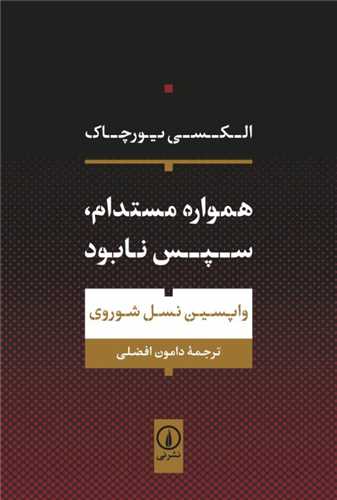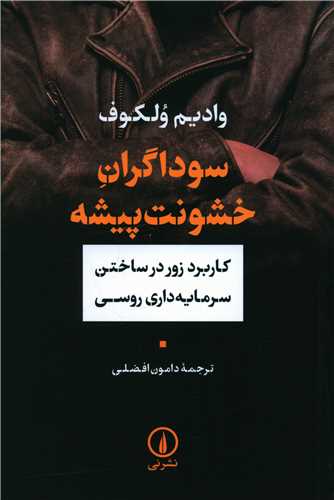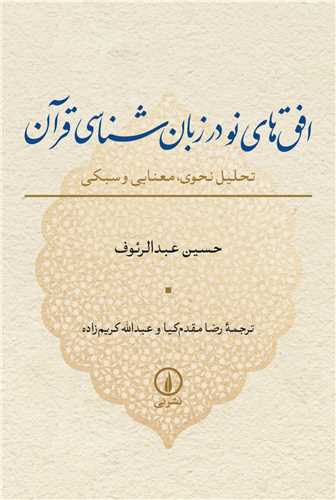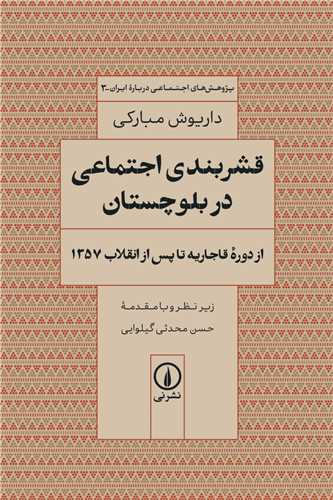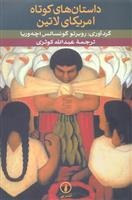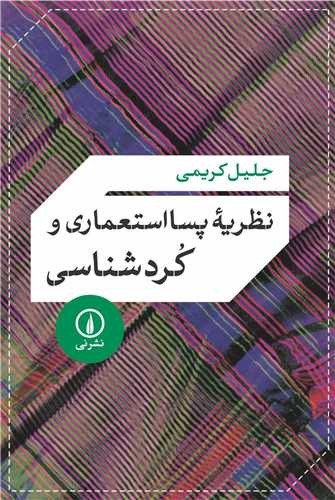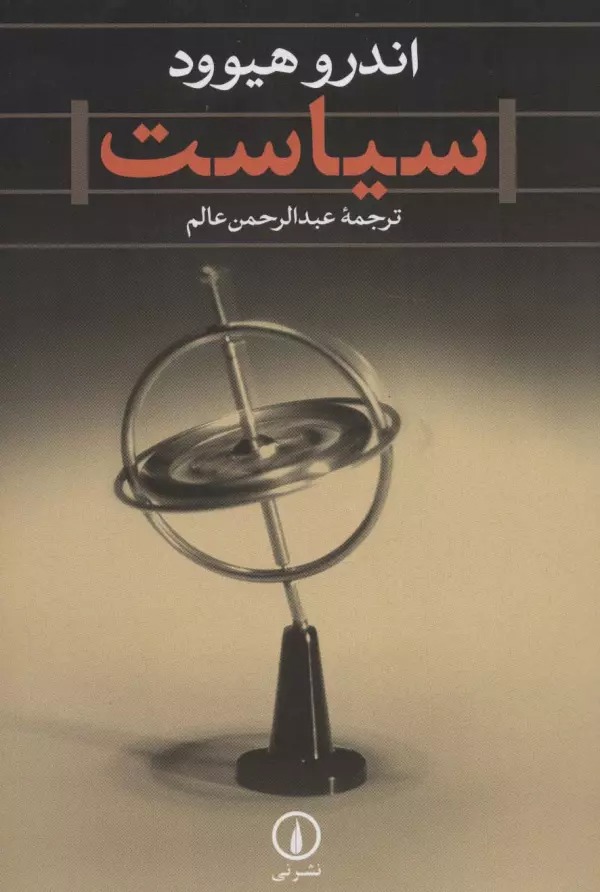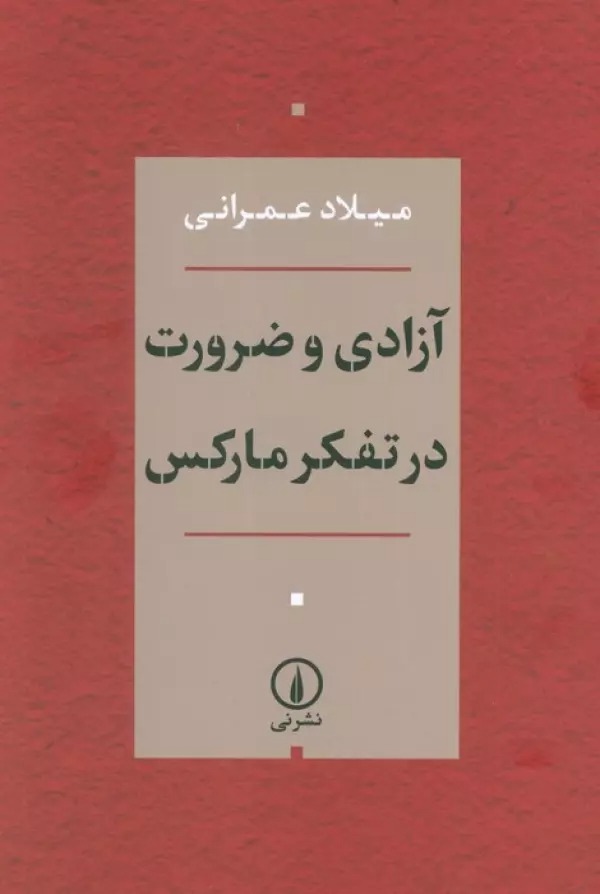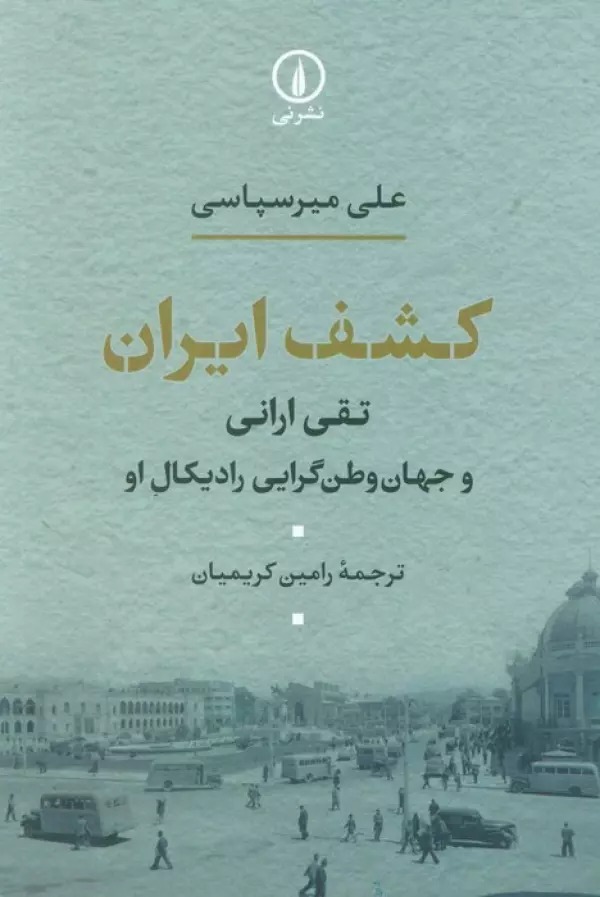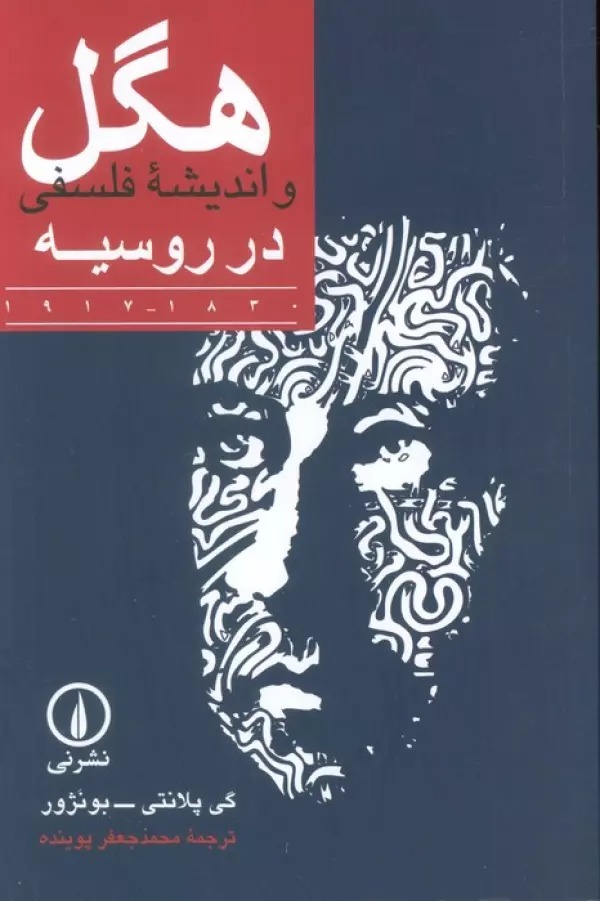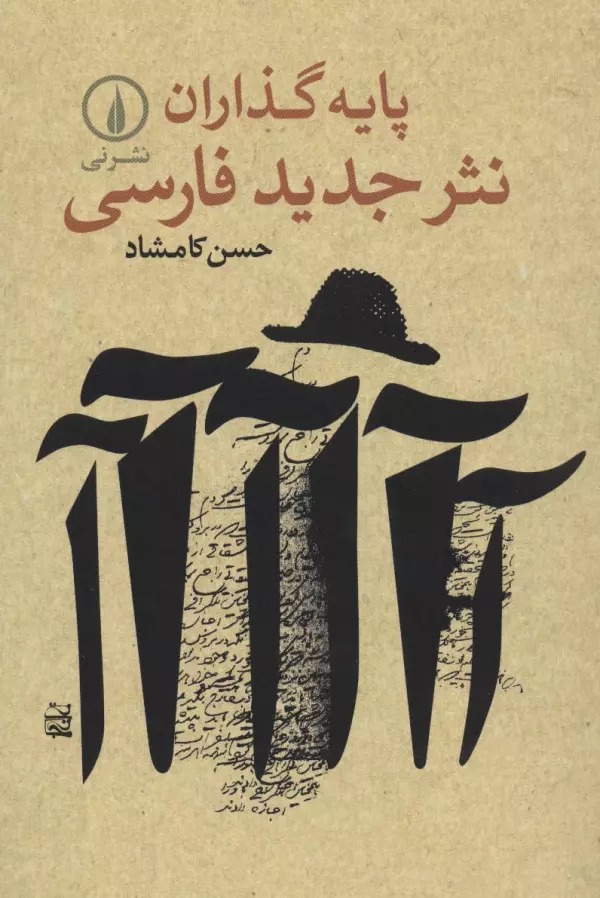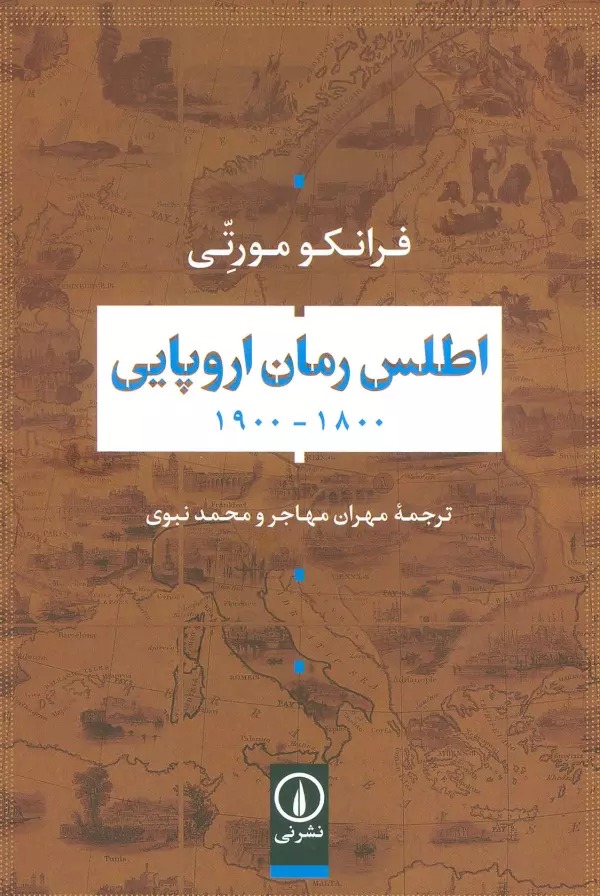همواره مستدام، سپس نابود: واپسین نسل شوروی الفارسية 1402
Hamvārah Mustadām, Sipas Nābūd: Vāpasīn Nasl-i Shawravī
163 SEK
مشاركة
Wishlist
العنوان الأصلي:
Everything was Forever
,
Until it was No More: The Last Soviet Generation
ISBN رقم:
9786220605508
المترجم:
Dāmūn Afz̤alī
الناشر:
Nashr-i niy
الفئة العمرية:
البالغون
الصفحات:
437
الوزن:
550 g
أبعاد المنتج:
14 x 21 x 4 cm
غلاف الكتاب:
غلاف ورقی
Soviet socialism was based on paradoxes that were revealed by the peculiar experience of its collapse. To the people who lived in that system the collapse seemed both completely unexpected and completely unsurprising. At the moment of collapse it suddenly became obvious that Soviet life had always seemed simultaneously eternal and stagnating, vigorous and ailing, bleak and full of promise. Although these characteristics may appear mutually exclusive, in fact they were mutually constitutive. This book explores the paradoxes of Soviet life during the period of “late socialism” (1960s-1980s) through the eyes of the last Soviet generation.
Focusing on the major transformation of the 1950s at the level of discourse, ideology, language, and ritual, Alexei Yurchak traces the emergence of multiple unanticipated meanings, communities, relations, ideals, and pursuits that this transformation subsequently enabled. His historical, anthropological, and linguistic analysis draws on rich ethnographic material from Late Socialism and the post-Soviet period.
The model of Soviet socialism that emerges provides an alternative to binary accounts that describe that system as a dichotomy of official culture and unofficial culture, the state and the people, public self and private self, truth and lie — and ignore the crucial fact that, for many Soviet citizens, the fundamental values, ideals, and realities of socialism were genuinely important, although they routinely transgressed and reinterpreted the norms and rules of the socialist state.
more
الکسی یورچاک، استاد مردمشناسی دانشگاه کالیفرنیا، بِرکلی، کتابش را با یک پارادوکس آغاز میکند: «فروپاشی اتحاد شوروی برای مردمی که در آن نظام زندگی میکردند واقعهای بود بس نامنتظره که البته تعجببرانگیز هم نبود.» نویسنده برای رسیدن به فهمی دقیقتر از این پارادوکس، با ارائهی روایت مردمشناسانهی انضمامی، غنی و دقیقی از زندگیِ «واپسین نسل شوروی» بر سایهروشنهای گاه غریبِ زندگی تحت لوای نظام شوروی انگشت میگذارد. این روایت دستاول و سرشار از جزئیات مایهی تمایز کتاب یورچاک از دیگر کتابهایی است که دربارهی واپسین نسل شوروی نگاشته شده است. اسلاوی ژیژک، فیلسوف نامدار، در ستایش این کتاب گفته است:
«همواره مستدام، سپس نابودِ الکسی یورچاک با همان عنوانش مرا بیدرنگ شیفتهی خود کرد، با آن دلالت فلسفیِ عمیقش که ابدیّت، خود، مقولهای تاریخی است: وضع میتواند مدتی ابدی باشد. روح این پارادوکس در کل اثر ساریوجاری است. این کتاب، به مدد جزئیاتی شگفت، روایت متفاوتی از تجزیهی تدریجی نظام شوروی از درون فضای ایدئولوژیک و فرهنگی آن به دست میدهد، و دورویی و فلاکتِ ناشی از این فرایند را برملا میکند. من کتاب یورچاک را بهترین اثر دربارهی واپسین دورهی نظام شوروی میدانم ــ همواره مستدام، سپس نابود فقط تاریخ نیست، خواندنش لذتبخش هم هست: یک اثر هنری واقعی.»
more

